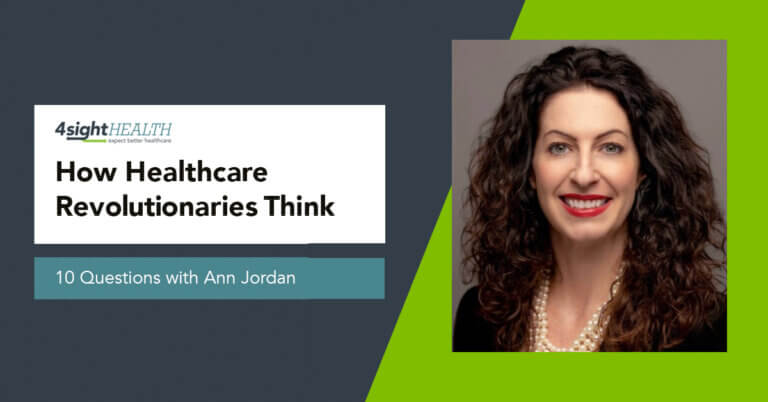July 31, 2024

Forgiving Student Loans for All Healthcare Workers May Save Your Life Someday
My wife and I are fortunate enough to afford to pay for college for our three children. We work hard for our money, and we can’t think of a better way of spending it than on higher education for the kids.
I also support student loan forgiveness of all shapes and sizes and amounts. I can’t think of a better way for the government to spend my tax dollars than on higher education for other kids who can’t afford it. Better that than myriad other misappropriations.
I know a lot of higher-income people who feel differently. They’re the, “I paid for my kid’s education, why should other kids get off the hook on my dime,” crowd. I think they should be proud like me to work hard and pay my own way than rely on the government to pay my bills.
Plus, if the government can bail out the auto industry, the banking industry and businesses devasted by the pandemic and forgive those multi-billion-dollar loans, it’s only fair to bail out young adults who were only trying to better themselves but got scammed by predatory student loan practices. Guess what? They’re going to spend that money on something else, injecting it back into the economy for everyone’s benefit.
What does that have to do with healthcare? Well, a short research letter in JAMA Health Forum suggests it has to do a lot with healthcare.
Two researchers affiliated with the Harvard Medical School wanted to know how much medical debt and educational debt was held by healthcare workers compared with other workers. The healthcare workers in the study included doctors, nurses, nursing aides and assistants and others. The study pool included a representative sample of 8,018 healthcare workers and 53,346 non-healthcare workers. The data came from the Survey of Income and Program Participation, which the U.S. Census Bureau conducts annually.
Here’s what the researchers found:
- 13.9% of healthcare workers had medical debt compared with 11.1% of non-healthcare workers.
- The average medical debt held by healthcare workers was $1,567.
- 26.7% of healthcare workers had educational debt compared with 16.5% of non-healthcare workers.
- The average educational debt held by healthcare workers was $10,642.
“Educational and medical debts are associated with adverse health outcomes and may limit workers’ professional mobility; reduce workforce diversity; and discourage personnel from entering lower-paying fields, e.g., public health or primary care,” the researchers said. “Healthcare workers indebted to their employers may be less able to address patient safety concerns or protect themselves from workplace abuses.”
If you’re a patient and you’re undergoing a complicated diagnostic test or a delicate medical procedure, would you rather be treated by a clinician who owes a lot of money or is debt free? I know my answer.
Thanks for reading.





